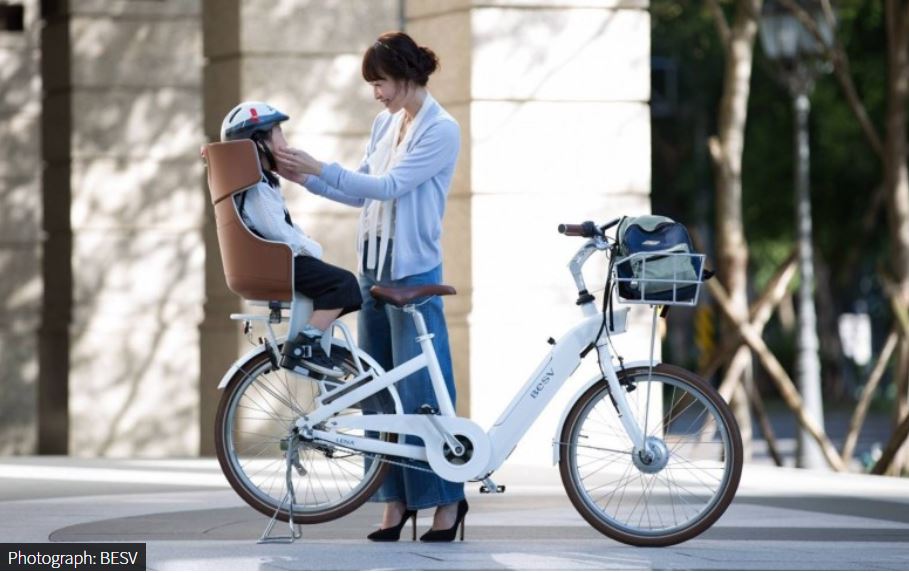Acer’s MPS Energy first time in the black

MPS Energy, Acer’s subsidiary specializing in battery management system, has recorded an annual net profit for the first time.
The company earned NT$ 9.82 million ($330,000) last year while it lost NT$8.3 million ($280,000) in 2018. It recorded a net revenue of NT$ 10.38 million ($352,000) and its earnings per share is at NT$ 1.35.
Established in 2015, MPS Energy is part of the laptop maker’s foray into the vehicle electricity and mobile power field, and has dedicated its resources to the development of battery management systems for smart bikes.
MPS Energy offers customized design of battery packs for electric bikes. Users can install those battery packs on the rear rack, down or seat tubes of their bikes. Besides batteries for e-bikes, the company also produces those for e-scooters and electric all-terrain vehicles.
Jason Chen, CEO of Acer, pointed out an advantage of riding an e-bike is that users can continue their trips while giving their knackered legs a break. MPS Energy’s battery modules pair with detectors for managing battery level and recording trip mileages.

Recently, MPS Energy also announced that it has joined Bosch and Panasonic to become the only three battery manufacturers to have entered the EU market and met its standard. “We are so excited to be put on the same level as Bosch and Panasonic,” said Chen.
So far, the battery modules from MPS Energy are certified by Taiwan’s CNS 15387, ISO 13849 and EU’s EN 1519:2017.
E-Bike has been the trend
In recent years, global markets see an increasing demand for light electric vehicles (LEV). The amount of electric two- and three-wheelers grows from 160 million in 2015 to over 240 million in 2019, according to a Bloomberg report. The production of scooters, mopeds, and motorcycles are already going electric quickly and will accelerate further in the next ten years, the same report added.
Bloomberg estimates the share of electric two-wheeler sales in the LEV market will reach 77% in 2040 while 30% of existing sales are already electric globally. China accounts for the major two-wheeler electrification so far but sales are growing rapidly in markets like Taiwan, Vietnam and India.
In Asia, Taiwanese e-bike producers such as Giants, Merida and Fairly have been key players for decades, according to the report by Light Electric Vehicle Association. But new entrants are shaking up the industry in recent years. Gogoro, who is known for its sleek e-scooters, has launched its first e-bike named Eeyo this year, in New York and later in France and Taiwan. Dutch e-bike brand Vanmoof has teamed up with Sinbon Electronics, a Taiwanese company offering electronic components, for its production assembly and has set up its retail presence in Taiwan since 2012.
Batteries serve as a decisive factor in the design and performance of electric vehicles, which could lead to a different market offering, according to Deloitte. Enterprises who would like to establish their presence in the LEV market would increase its reliance on Asian battery manufacturers on supplier arrangements as most battery packs are produced in Asia.
〔Original :Meet Startup @ TW〕
https://meet.bnext.com.tw/intl/articles/view/46790